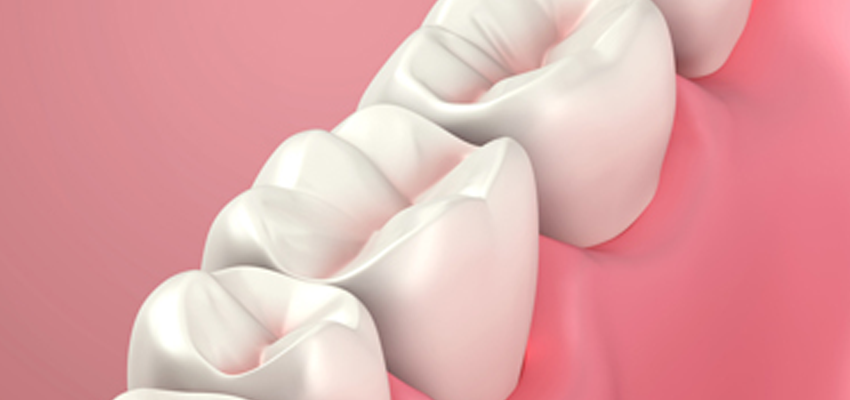
The Periodonticis the specialty of dentistry that studies and treats supporting structures of teeth, diseases, and conditions that affect them.
The supporting tissues are known as the periodontium, which includes the gingiva (gums), bone adjacent to teeth, cementum, and the periodontal ligament.
Periodontal disease is often a chronic but silent disease. Patients usually feel no pain despite ongoing damage. Periodontal disease continuously destroys the underlying connection between teeth, gums and bone. Patients who feel pain from periodontal disease are often at a point where treatment options have become limited. Because of this, most therapy is aimed at arresting and preventing further disease.
Receding gums result from ongoing periodontal disease or from overzealous brushing habits. Many factors can influence either cause of recession. In some cases, recessed gums can be treated by a periodontist through tissue grafting and/or through behavioral therapy.
Periodontal disease is a diagnosis given after careful review of each particular patient. Often patients will exhibit signs and symptoms such as bleeding gums, recessed gums, bone loss surrounding teeth, loose teeth, missing teeth and teeth crowding.
Bleeding gums are one of the signs of inflammation and are one of the indicators of periodontal disease. Most patients notice bleeding gums when brushing or flossing their teeth.
No. Periodontal procedures are typically performed under local anesthesia, given by injection. Any pain after a procedure can usually be managed with over-the-counter medications.
Both gingivitis and periodontitis are diseases of the gums. The difference lies mainly in the effect the diseases have on the tissues.Gingivitis is an infection of the gums when permanent damage has not been done and the tooth is still well anchored within the tissue.
Periodontitis is gingivitis that has progressed to the point where damage to tooth anchorage has occurred. This loss of tooth anchorage is referred to as “attachment loss.”
Treatments vary, depending on the severity and stage of disease. After a comprehensive diagnosis, you may be prescribed treatment ranging from a simple cleaning to flap surgery. Cleanings may take multiple appointments to complete.
Surgeries, routinely called Flap surgery to address periodontal disease take on many forms but all are designed to bring the patient to a maintenance stage. Implants may also be included in therapy to help restore a patient’s chewing capacity.